New Voices In Your Head - A Genius Dinner Party
How would your life and your life’s work be impacted if you mastered understanding of your greatest sources of inspirations, and sought counsel from them?
Who are your muses, living and dead? Who are the artist, leaders, master in your field, explorers, social changers, business icons, performers, innovators, musicians, and philosophers who are dynamic, compelling, and inspiring to you?
Your muse can also be a piece of art, a poem, a country, a constellation, a myth or story, a historical time period, and beyond. When you think of your muse, you feel alive. Your soul is sparked. Your intellect is bursting. You feel empowered. You feel positively transformed. Your thinking, being, and feelings expand. You shift your perspective. You feel a deeper connection to yourself and what matters to you.
Here’s the fun part.
Write a list of 7 muses, and the qualities of each that inspire you. This might take a while, and that’s ok. You get to comb your life and consider what really matters to you.
Here’s my list for today, and a super brief explanation of why they inspire me:
Antonia’s character in the Dutch film, Antonia’s Line - she’s fierce
Starhawk, author of The Fifth Sacred Thing - she fights for a better world
Khalil Gibran, author of The Prophet - he is wise and beautiful
Krista Tippet, Creator of the podcast On Being - she goes deep and listens well
The Book of Poetry by Sam Taylor (it’s a poem) - unfurling hilarity of difference
James Cordon (I love carpool karaoke) - so fun and down to earth and touchable
Rhinoceros, a play by Ionesco - absurdity and a message to be yourself (or turn into a rhinoceros)
Now you try it. Write a list of your muses, and the qualities about them that you greatly admire.
Ask yourself:
How does each muse show me areas within myself, my life, and my work that I would like to further deepen and cultivate?
Next, invite these muses to hang out with you. You can do this a myriad of ways. One way, which I’ve done several times with great fun, is to invite 7 friends to my apartment for dinner. I assign each of them a muse to study before the dinner, and then they show up to dinner as a hybrid of themselves and their assigned muse.
From there, I run ideas, projects, and personal conundrums by my team, and they advise me in the voices of my muses. It’s enlightening for all, we get to know each other through our creative and philosophical interests, and it’s joyous,
Another option is to have imaginary conversations with your muses in your head or as you journal. Take them in. Listen to their voices. Sense their energy of wisdom, protection, strength, and other qualities specific to them. See what comes up.
This method of talking to your muses can apply to so many creations and decision.
Want to launch a project? What would Gloria Steinem, Warren Buffet, Joan Baez, Nicola Tesla, ambergris, and Aphrodite say to you about your project?
Showing up to a tough conversation or meeting? How would Ghandi, Michelle Obama, Amelia Earhart, Mick Jagger, Shakespeare, Robyn Davidson, and Tim Ferriss advise you?
The possibilities are limitless.
We can all listen to the voices in our head. Sometimes the voice is our vibrant wonderful self, and that voice is really what matters. To get creative and shift your perspective, welcome new voices to the conversation.
But sometimes the voices in your head represent your inner critic. You know, that voice that says you’re not enough and you don’t deserve the chocolate, the time off, the accolades, the dream, the money, the person, the peaceful resolution. That voice can feel so real. Your 7 muses offer you an alternative to your inner critic - inspiration, elevated thought, refuge and safety.
See what happens when you curate the voices in your head with your purpose, values, and inspiration. Of course, the voice that I want you to ultimately listen to is your own.

